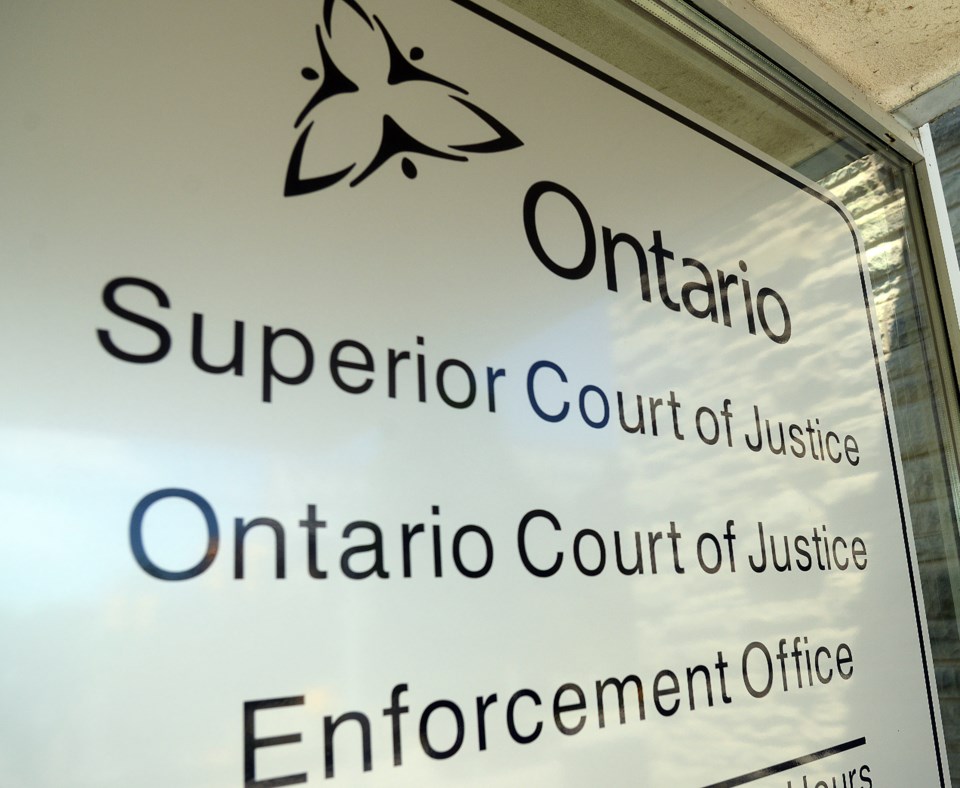THUNDER BAY — The Superior Court of Justice has dismissed a motion to stay a provincial government directive affecting the operations of two Indigenous child welfare agencies in northwestern Ontario.
The issue revolves around a longstanding jurisdictional dispute between Dilico Anishinabek Family Care and Tikinagan Child and Family Services.
Dilico was established in 1986 by the 12 members of the Robinson Superior Treaty First Nations, including Fort William First Nation.
Tikinagan was incorporated in 1984 by the 49 members of Nishnawbe Aski Nation
Since at least 2014, there has been a dispute between Dilico/Fort William and Tikinagan/NAN about Tikinagan's right to offer any child and family services in the city of Thunder Bay, and Dilico's right to offer any services to Tikinagan-affiliated families and children living in the city
In an attempt to resolve the dispute, Todd Smith, the Minister of Children, Community and Social Services, issued a directive last November that said:
- Dilico will provide services to Indigenous children and families other than children from First Nations affiliated with Tikinagan
- Tikinagan will provide services to all children and families from its affiliated First Nations
- The Children's Aid Society of Thunder Bay will provide services to non-Indigenous children and families
The plan was supposed to take effect on Jan. 30, 2020.
However, pending a judicial review which they requested, Dilico and Fort Willliam First Nation brought motions to stay its implementation.
Dilico argues the province failed to provide adequate reasons for the directive, and failed to reference factors such as the quality of care provided by Tikinagan.
It also cites the risk of confusion resulting from two agencies providing services to Indigenous children in the same geographic area.
Fort William First Nation says the directive interferes with its exclusive jurisdiction over the welfare of Indigenous children in its traditional territory, and is inconsistent with its inherent right to self-government.
It maintains, as well, that the directive infringed on its rights under the constitution because it was issued without proper consultation.
Tikanagan refutes that, saying there is clear evidence Fort William was consulted and that its views were made forcefully to Minister Smith before he issued his directive.
The agency also argues that Fort William First Nation can't prove that the exercise of child welfare and protection powers over non-Anishinabek Indigenous people is integral to its distinctive Anishinabek culture.
Justice Michael Penny, who heard the motion, decided that dismissing it would not result in irreparable harm to Dilico or Fort William First Nation.
"Dilico has proferred no concrete evidence whatsoever that having two Indigenous children's aid societies offering child protection services in Thunder Bay will create confusion, much less that it will result in harm of an irreparable nature," he said.
He also noted that "With respect to the attacks on Tikanagan's competence...it seems to me that the Ministry, rather than Dilico, an entity engaged in at least three lawsuits with Tikinagan, should be the appropriate judge."
Justice Penny concluded that "The balance of convenience weighs in favour of refusing the stay," and, pending the outcome of the judicial review applications, in favour of "advancing the goal of providing child welfare services to Tikinagan-affiliated children and their families in a culturally appropriate manner."
While the judicial review is pending, it's not clear to what extent the province's instructions are currently being followed.
The government told Dilico last October to start transferring relevant files to Tikinagan.
However, at January's Superior Court hearing it was revealed that Fort William First Nation had instructed Dilico not to comply with the ministry's directions on the grounds this would violate Fort William's inherent authority.
Chief Peter Collins also indicated in court that the directive to Dilico would not change regardless of the court's decision.
